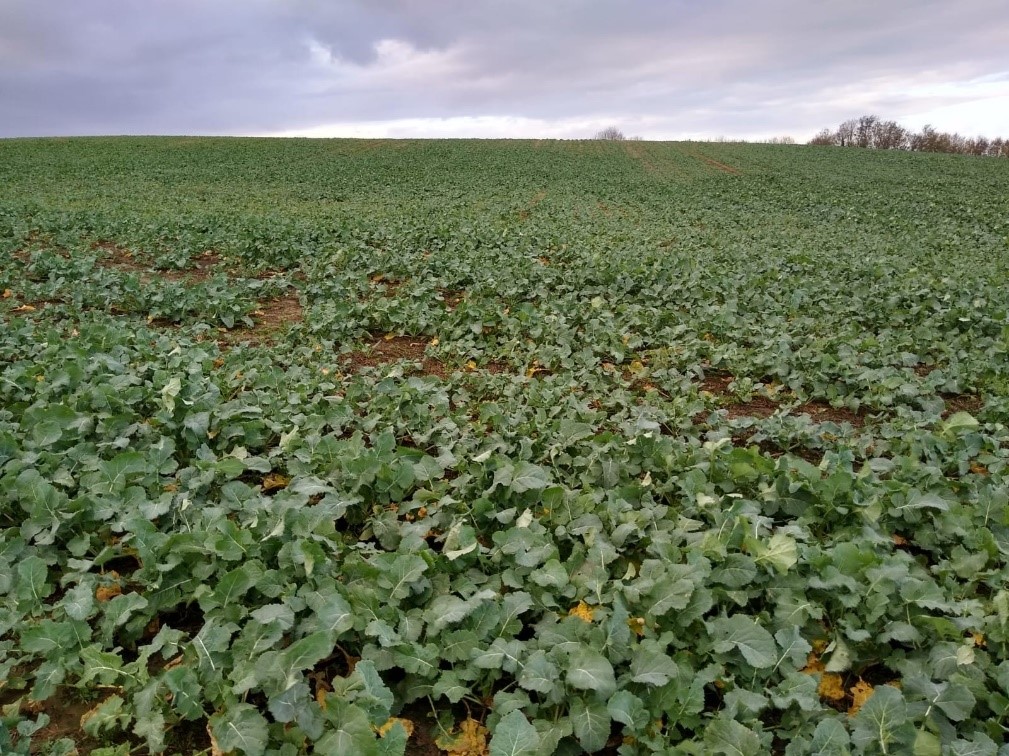News from the field - HEAR 2020 / 2021
April 2021
Crops are now in flower and thoughts are turning to final fungicide applications.
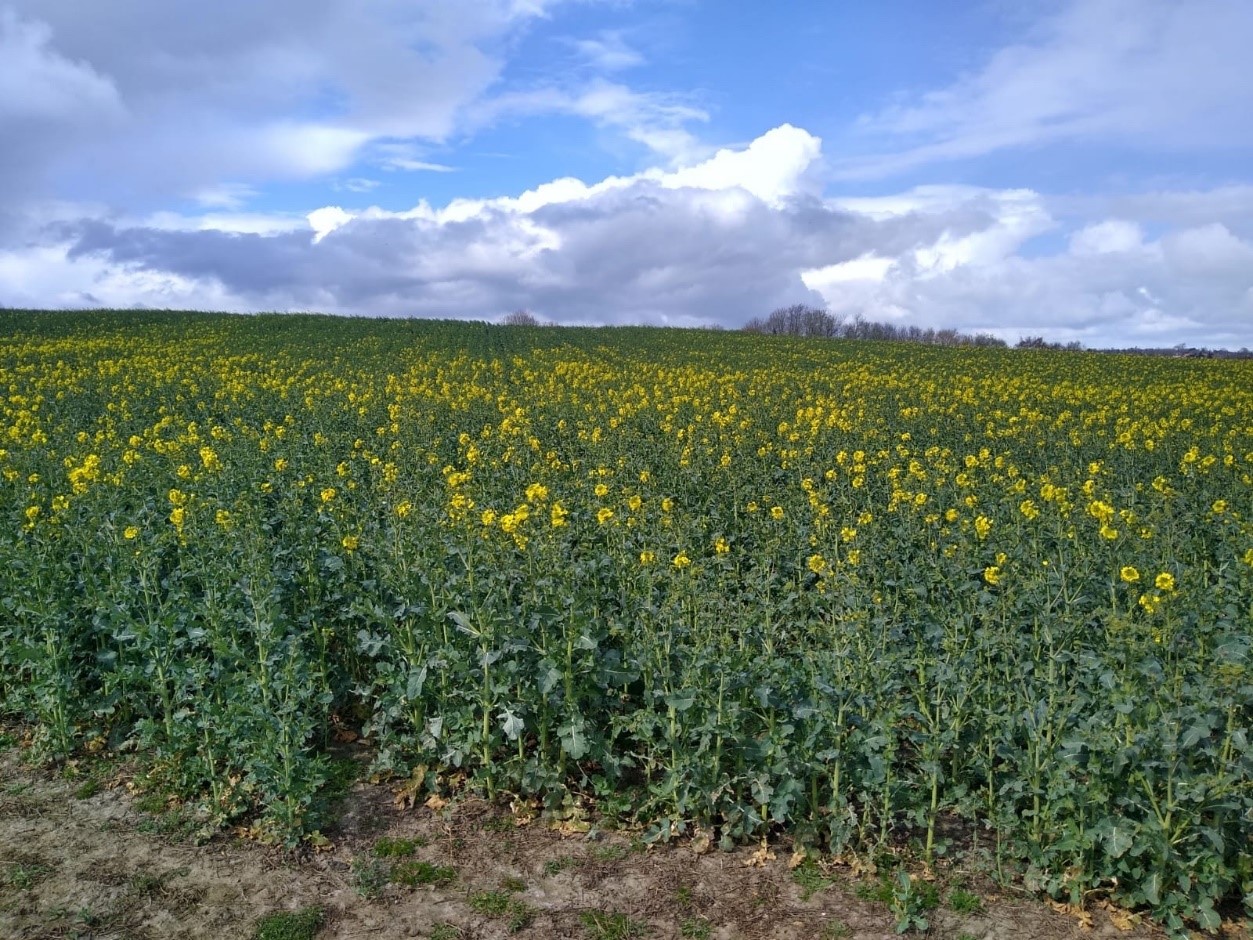
Currently with the dry weather forecasts are low for infection, but growers should continue to monitor with predicted showers. In areas Light Leaf Spot (LLS) is becoming an issue. Where a stem extension fungicide application for LLS hasn’t been applied, the two fungicide timings of LLS and Sclerotinia may coincide, in this case consider a fungicide that will control both.
AHDB publish some useful tools to monitor disease risk. In February we mentioned the LLS tool (see below) and now it is visting the Sclerotinia tool too...
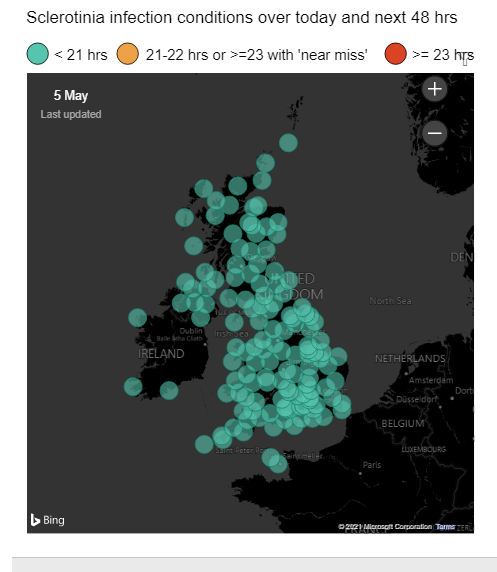 See: https://ahdb.org.uk/sclerotinia-infection-risk-alerts-for-oilseed-rape
See: https://ahdb.org.uk/sclerotinia-infection-risk-alerts-for-oilseed-rape
The cold weather has in places caused some damage to flowering, but plants should be able to compensate. As a silver cloud it has slowed pollen beetle activity and allowed crops to start flowering where the need for an insecticide is passed.
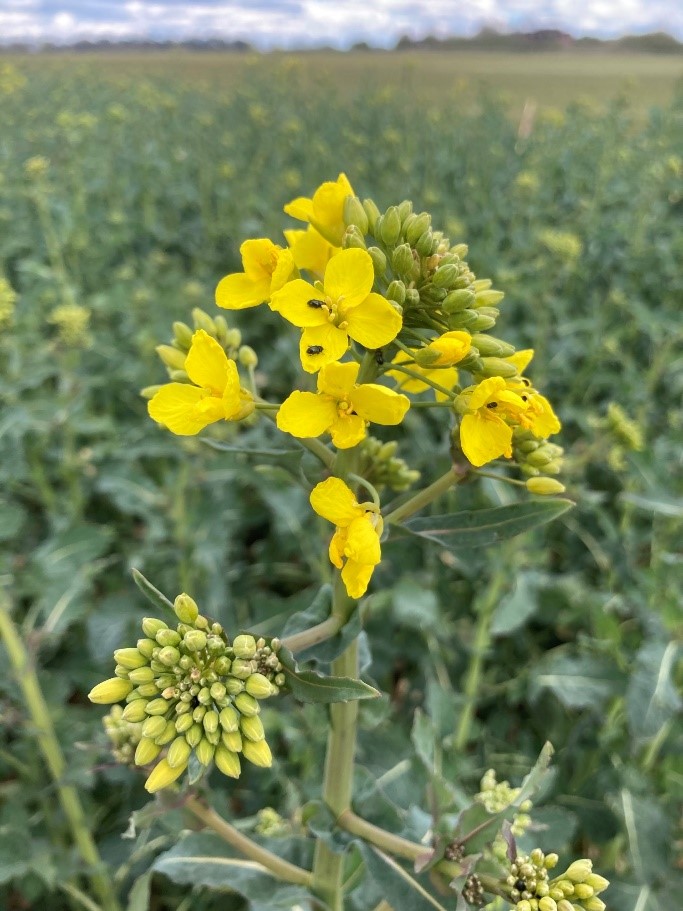
February / March 2021
HEAR crops around the country are looking well, considering the long winter. Light Leaf Spot forecasts have increased for 2021 spring, and growers should maintain vigilance. Where leaves have been lost to the frost, Light Leaf Spot can still find its way back to the plant, or come in via the wind. There have also been reports of pigeon damage, on backward crops growers should keep them moving on.
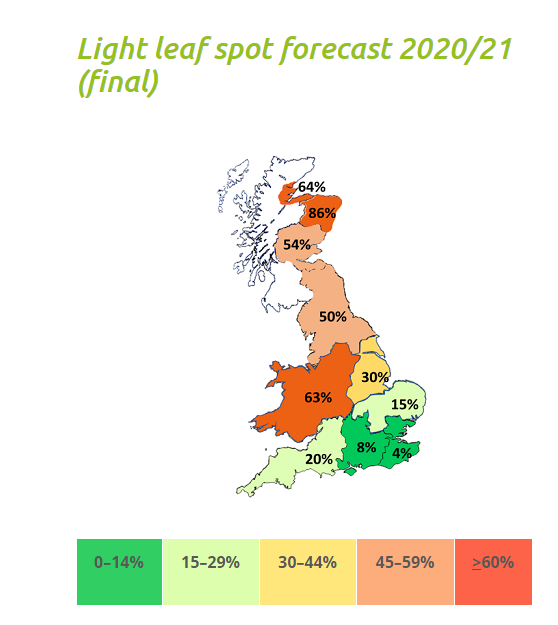
Most crops have had their spring fertiliser timing, which will help any backward crops grow away. In some crops the enclosed green-buds are visible, whilst some have faired worse for winter. Those that have larvae it is now important to get crop nutrition correct to help crops grow away from damage.
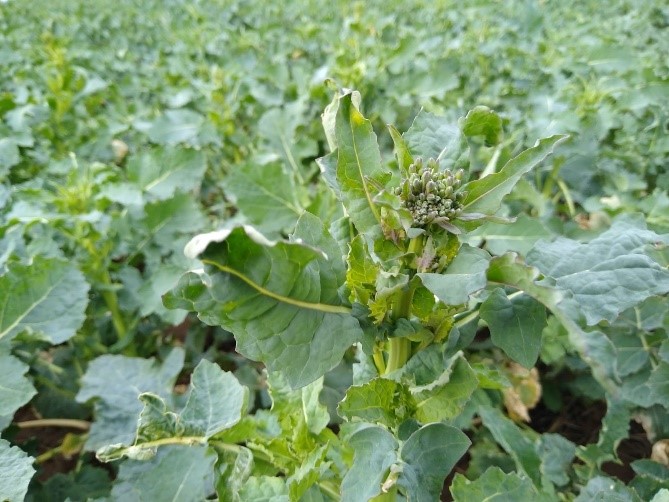
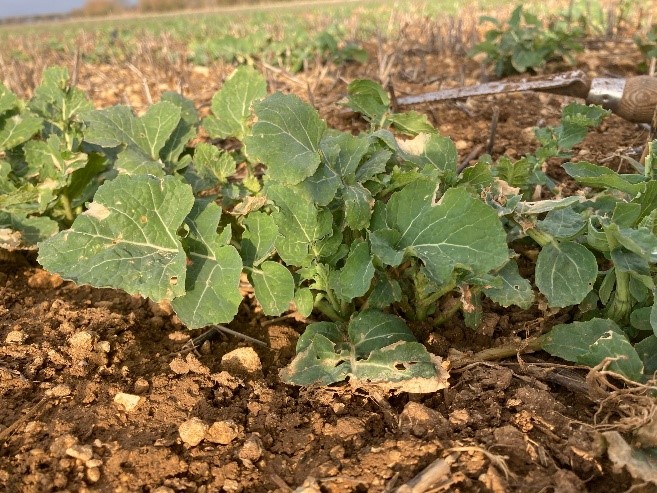
December 2020 / January 2021
HEAR crops around the country are looking well, considering the high rainfall over winter. The colder weather compared to the last few years have allowed cold weather herbicide applications, but the wet weather may mean light leaf spot (LLS) is more prevalent as weather warms up in spring. Thus far there doesn’t seem to be the larval numbers of CSFB compared to last year, however growers should remain vigilant and check stems to ensure best spring management of the crop possible.
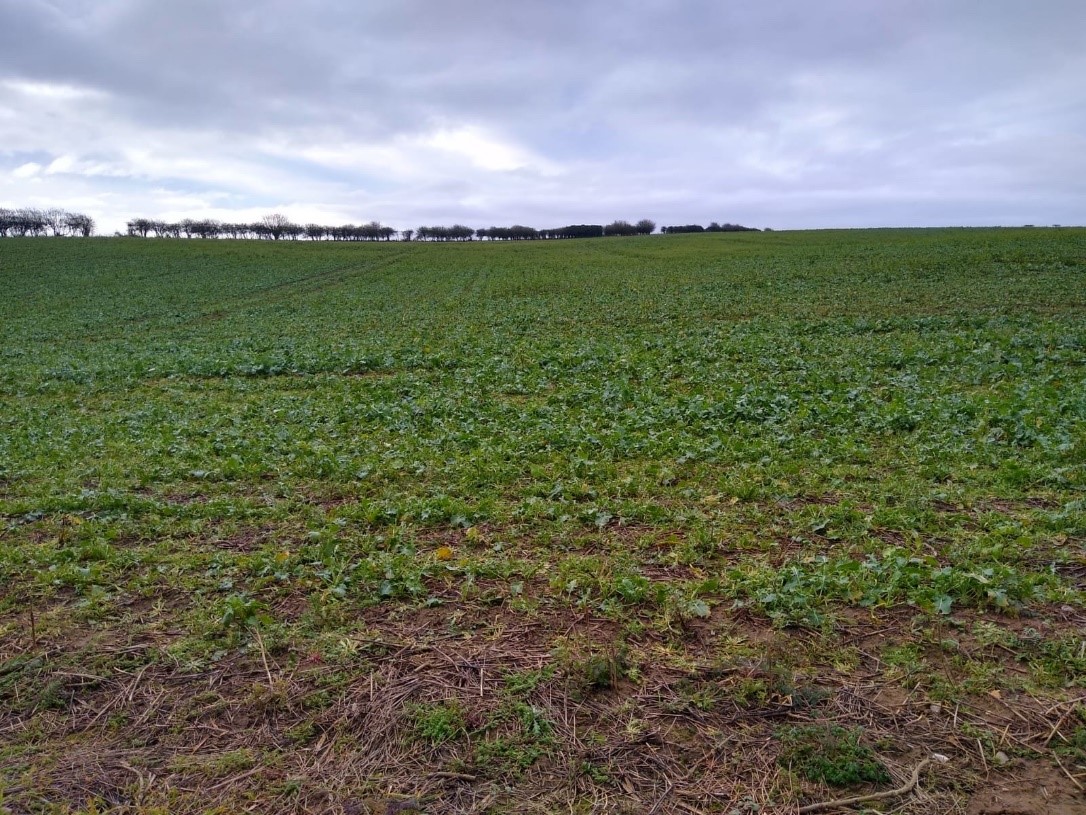
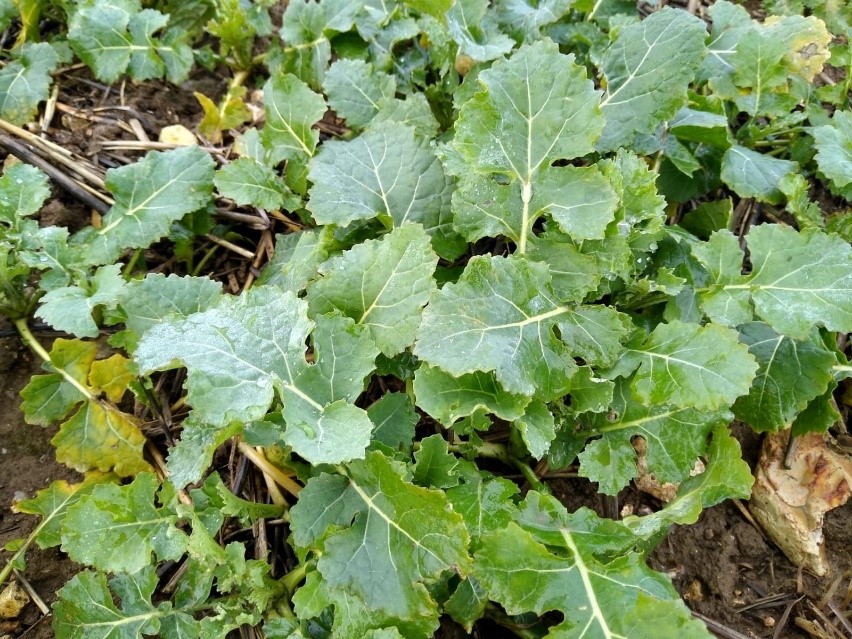
November 2020
Oilseed rape is looking well. Phoma is starting to be seen, keep an eye on thresholds for fungicide applications. Kerb sprays should be applied soon as temperatures start to fall.
